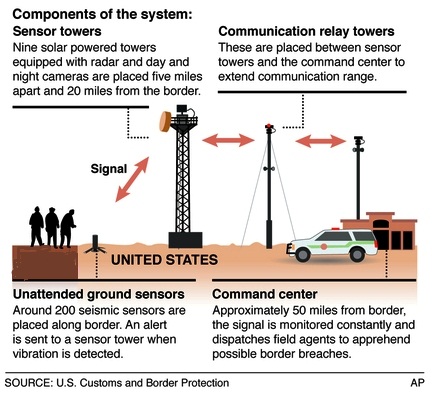No MEADS Decision From U.S. Army-MDA Meeting
Senior U.S. Army officials who met with representatives from the Missile Defense Agency (MDA) March 10 reached no decision on whether to transfer management of the Medium Extended Air Defense System (MEADS) program to the agency, according to a defense official.
Instead, senior officials from both organizations agreed that follow-up questions needed to be answered and additional analysis was needed before deciding to transfer management and funding of the program from the Army to MDA, said the defense official.
MEADS is a missile defense development effort among the United States, Italy and Germany.
Lt. Col. Jimmie Cummings, Army spokesman, confirmed the meeting took place and described it as “a regular internal meeting that covered a number of topics.”
However, according to the defense official, more high-level Army officials than expected attended the meeting, which addressed a possible transfer of MEADS, as well as the Missile Segment Enhancement program.
The United States funds 58 percent of the MEADS development program, Germany 25 percent and Italy 17 percent. Lockheed Martin leads the international industry team developing the system. Lockheed Martin is also the prime contractor for the Missile Segment Enhancement program, an effort to improve the Patriot Advanced Capability-3 missile. The missile was also selected as the primary interceptor for MEADS.
MEADS is one of several programs being looked at in an air-and-missile-defense portfolio review being led by Gen. Peter Chiarelli, U.S. Army vice chief of staff. The high-level reviews are comparing capabilities and costs within and across portfolios. The Pentagon’s Cost Assessment and Program Evaluation Office is also doing a new cost estimate for the MEADS program, for which the design-and-development contract totals roughly $3.4 billion.
The U.S.-managed portion of MEADS follows the DoD-wide acquisition regulations that major programs have to follow, said a defense official. As such, the U.S. part of the program is subject to and is compliant with Nunn-McCurdy law, said the official. Nunn-McCurdy stipulates that Congress be notified of programs with cost growth of more than 15 percent, and termination of programs whose total cost grew by more than 25 percent over the original estimate, unless the defense secretary provides adequate explanation why the cost growth is necessary.
A system-level critical design review for MEADS is scheduled for August.
By KATE BRANNEN
Defense News


